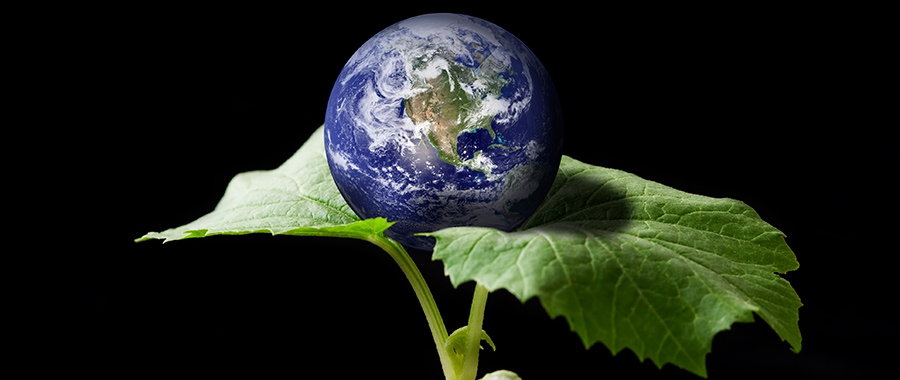The views expressed in our content reflect individual perspectives and do not represent the authoritative views of the Baha'i Faith.
“Coming-of-age” has become a trendy catch-phrase these days—films, television, writers of fiction and nonfiction all attract audiences with “coming-of-age” stories.
The expression beckons both reader and viewer through psychological intrigue: a dramatic turning-point that usually involves an awakening to self. But let’s turn the phrase toward the bigger picture of humanity’s collective life.
The process of coming-of-age applies not only to individuals, but also to humanity’s ordered—and now much disordered—societal life. The Baha’i teachings hold that the coming-of-age of the entire human race is a process that is already underway. It will eventually signal a mature stage of social and spiritual development that will follow a recognition of humanity’s oneness and wholeness:
The Revelation of Baha’u’llah, whose supreme mission is none other but the achievement of this organic and spiritual unity of the whole body of nations, should, if we be faithful to its implications, be regarded as signalizing through its advent the coming of age of the entire human race. – Shoghi Effendi, The World Order of Baha’u’llah, p. 163.
In his world order letters, Shoghi Effendi, the Guardian of the Baha’i Faith, detailed the manifold struggles affecting modern Western civilization. Because of the West’s pervasive political influence, through which world economic interdependence has already been realized, Shoghi Effendi held that the crises affecting the West would inevitably affect the entire global system.
But the Guardian offered his readers an alternative way of life guided by the Baha’i Teachings that could serve as an antidote to the world’s agonies and ills:
Leaders of religion, exponents of political theories, governors of human institutions, who at present are witnessing with perplexity and dismay the bankruptcy of their ideas, and the disintegration of their handiwork, would do well to turn their gaze to the Revelation of Baha’u’llah, and to meditate upon the World Order which, lying enshrined in His teachings, is slowly and imperceptibly rising amid the welter and chaos of present-day civilization. – Ibid., p. 23.
The unity of nations can be forged only in a crucible of suffering, the Baha’i teachings point out:
The process of disintegration must inexorably continue, and its corrosive influence must penetrate deeper and deeper into the very core of a crumbling age. Much suffering will still be required ere the contending nations, creeds, classes and races of mankind are fused in the crucible of universal affliction, and are forged by the fires of a fierce ordeal into one organic commonwealth, one vast, unified, and harmoniously functioning system. – Shoghi Effendi, The World Order of Baha’u’llah, p. 193.
However, the Baha’i teachings do not settle on doom and gloom. Every crisis is balanced by a short-lived period of equilibrium. Humanity’s sufferings have raised consciousness to a more acute level that has inspired the spiritual transformation of both individuals and larger communities. While the short-term future may appear dark, the vision of Shoghi Effendi depicted a remarkably bright future for humanity:
The long ages of infancy and childhood, through which the human race had to pass, have receded into the background. Humanity is now experiencing the commotions invariably associated with the most turbulent stage of its evolution, the stage of adolescence, when the impetuosity of youth and its vehemence reach their climax, and must gradually be superseded by the calmness, the wisdom, and the maturity that characterize the stage of manhood. Then will the human race reach that stature of ripeness which will enable it to acquire all the powers and capacities upon which its ultimate development must depend. – Shoghi Effendi, The World Order of Baha’u’llah, p. 202
















Comments
Sign in or create an account
Continue with Googleor